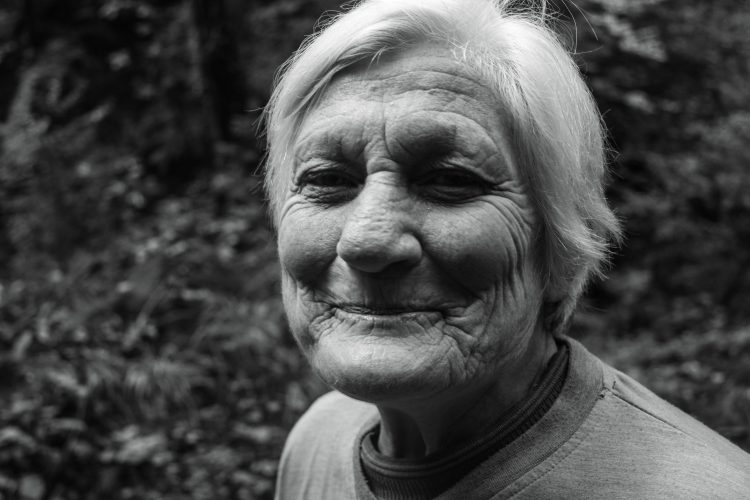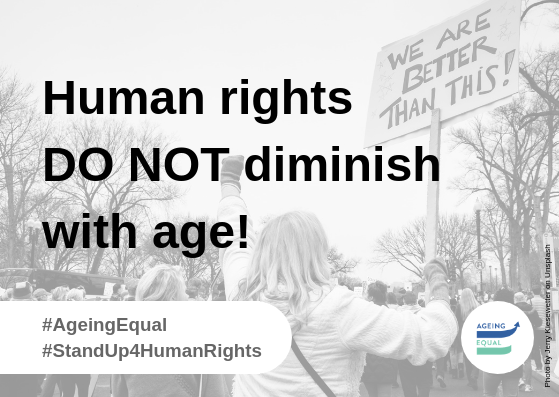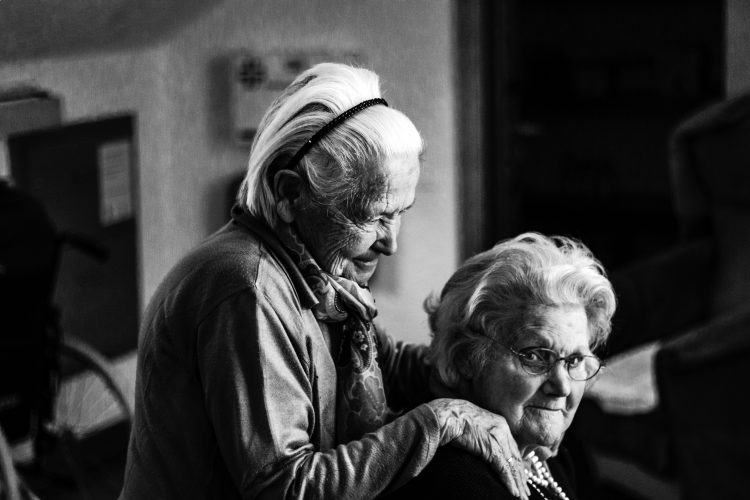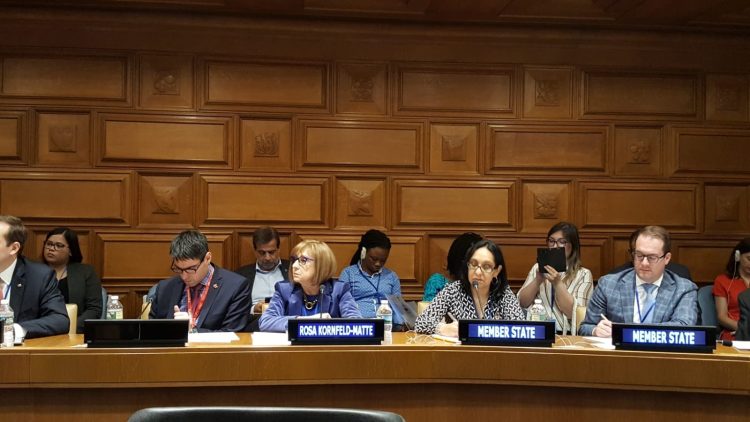
Age management: a preventive approach to conserve the workability and employability of older people
Chris Ball, from the Centre for Research into the Older Workforce, gives us some food for thought around what ‘active ageing’ could concretely mean if we were really developing ‘age management’ policies
The challenge of healthy ageing: while men die, women suffer
Peggy Maguire, from EIWH (European Institute of Women’s Health) reminds us that in a society where women outlive men but are burdened by more years of ill health, disease prevention,
The European Women’s Lobby joins the “Ageing Equal” campaign and calls for the empowerment of older women across Europe
Ageism continues to be pervasive worldwide and has serious consequences for the health and well-being of old people, leading to marginalization, poverty and abuse. Nonetheless, it is not considered as
A first week of campaigning for ageing with equal rights!
On 1st October, the International Day of Older Persons, we launched the global anti-ageism campaign #AgeingEqual that will run until the 70th Anniversary of the Universal Declaration of Human Rights,
Digital society: A better world… for all?
José-Luis Tejedor shares with us his concerns about the rapid digitalisation of our societies and how this may be a threat to the full enjoyment of human rights by older
“It’s Easier to do Nothing” – The silence of older women victims of abuse
Kelly Blank, from WAVE (Women Against Violence Europe) shares the results of the TISOVA project based of interviews conducted with older women in senior centres in Estonia, Austria, Greece and
The age and gender dimension of informal caregiving
In most European countries, a large part of long-term care for older people is provided by informal carers. Informal carers are typically older women. Read more about the gender and
Ageism is contagious
Tracey Gendron, PhD, explains how ageism is embedded in our routine actions and language and how we can change what she calls ‘relational ageism’ by adopting a more neutral language.
Trying to make sense of ageism in health
Peter Lloyd-Sherlock, Professor of Social Policy & International Development at University of East Anglia, puts the finger on the ageist way in which ‘good health’ is assessed in older age

